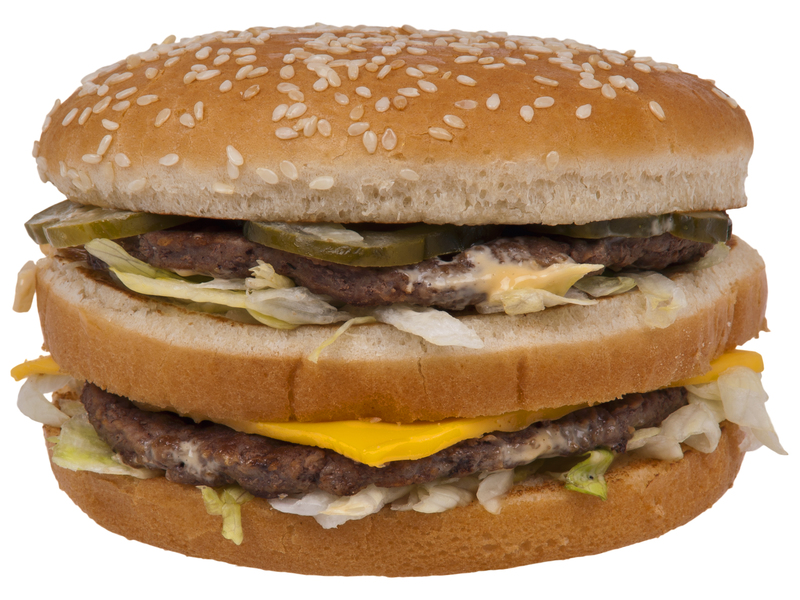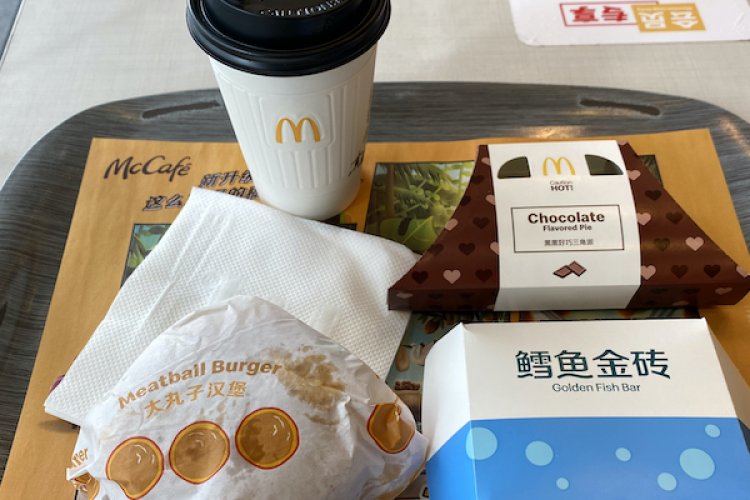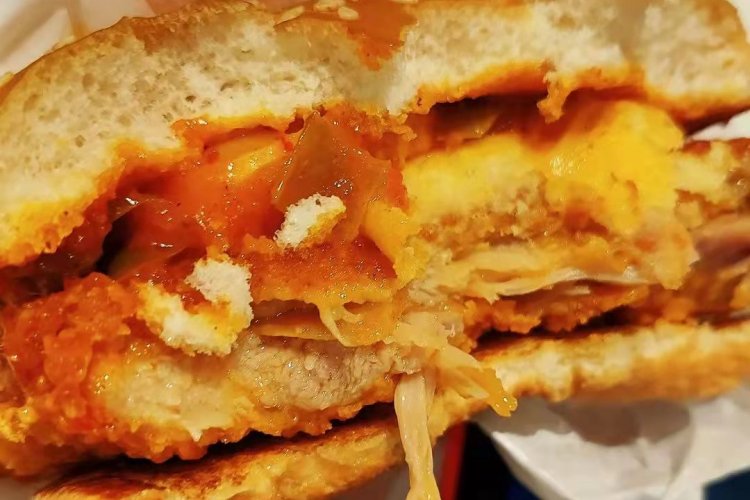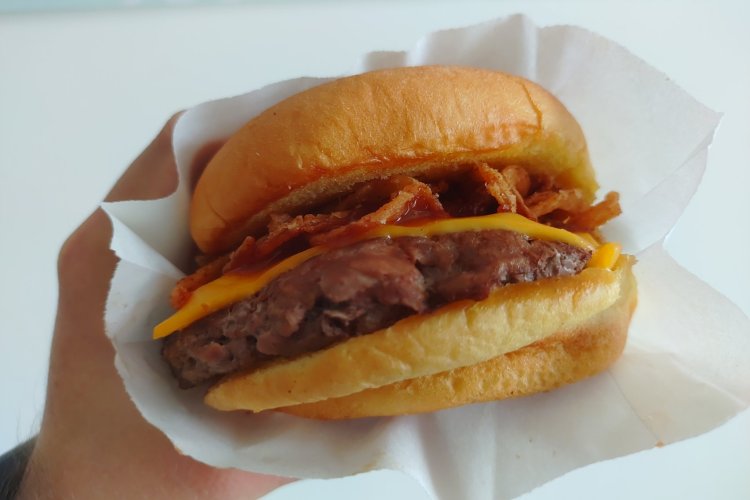Ultimate Fast Food Watch: Why You Should Buy a Big Mac with RMB
The daddy of all Fast Food Watches, The Economist's annual Big Mac Index, was published Thursday, and there is good news for fast food lovers – and bad news for waistlines – in China: McDonald's signature burger is inexpensive here compared to many other places.
"The Big Mac index was invented by The Economist in 1986 as a lighthearted guide to whether currencies are at their 'correct' level. It is based on the theory of purchasing-power parity (PPP), the notion that in the long run exchange rates should move towards the rate that would equalize the prices of an identical basket of goods and services (in this case, a burger) in any two countries. For example, the average price of a Big Mac in America in July 2016 was USD 5.04; in China it was only USD 2.79 at market exchange rates. So the 'raw' Big Mac index says that the yuan was undervalued by 45 percent at that time."
What does that mean for today's McDonald's consumer in Beijing? Super-size me, baby. The Economist indicates that as of July 2016, the Big Mac is "undervalued" by 25-50 percent. However, if you want enormous savings, skip across one of China's southern access borders to Hong Kong or Taiwan, where the Big Mac is considered undervalued by more than 50 percent. Talk about a happy meal!
We know it would boost the price, but here at the Fast Food Watch news center, we believe that the Big Mac is missing one key ingredient: a second slice of cheese. Three slices of bread, two patties, but only one slice of cheese? Sadly, there's too much ketchup on the double cheeseburger for the saltiness of that extra cheese to shine through, otherwise we would have turned our back on the Mac a long time ago. Maybe we'll have to go back to that make-your-own-McDonald's outlet and pay Sanlitun prices for a regular Big Mac with just a bit more cheese.
More stories by this author here.
Email: stevenschwankert@thebeijinger.com
Twitter: @greatwriteshark
Weibo: @SinoScuba潜水
Photos: The Economist, Wikimedia








